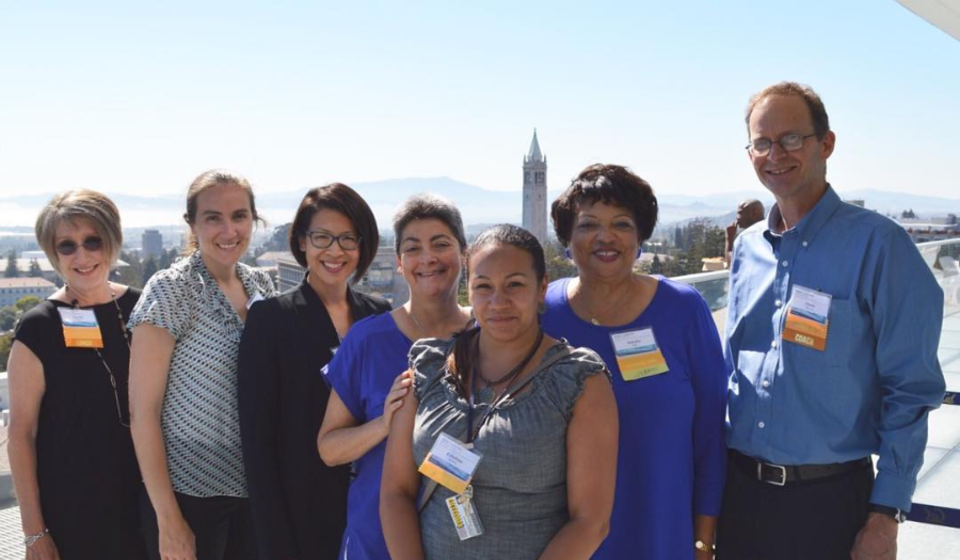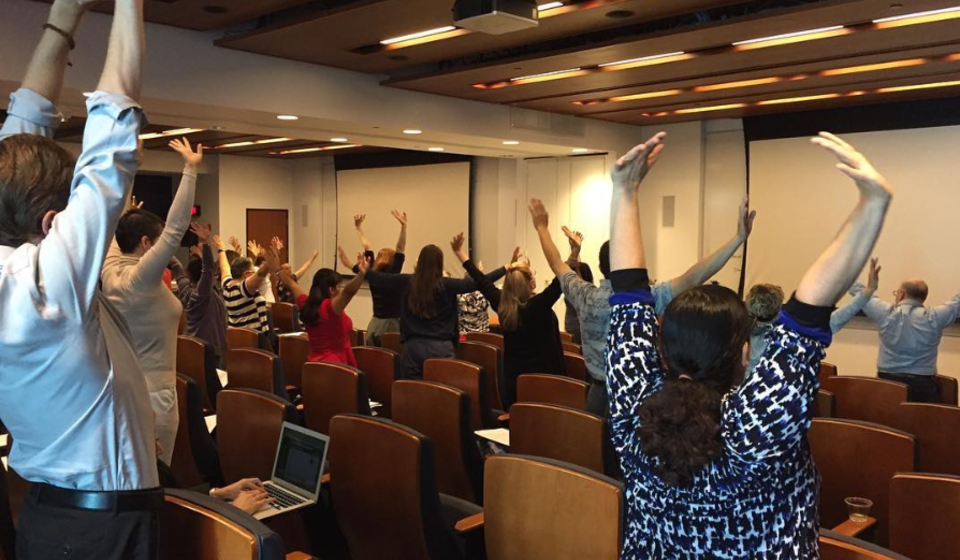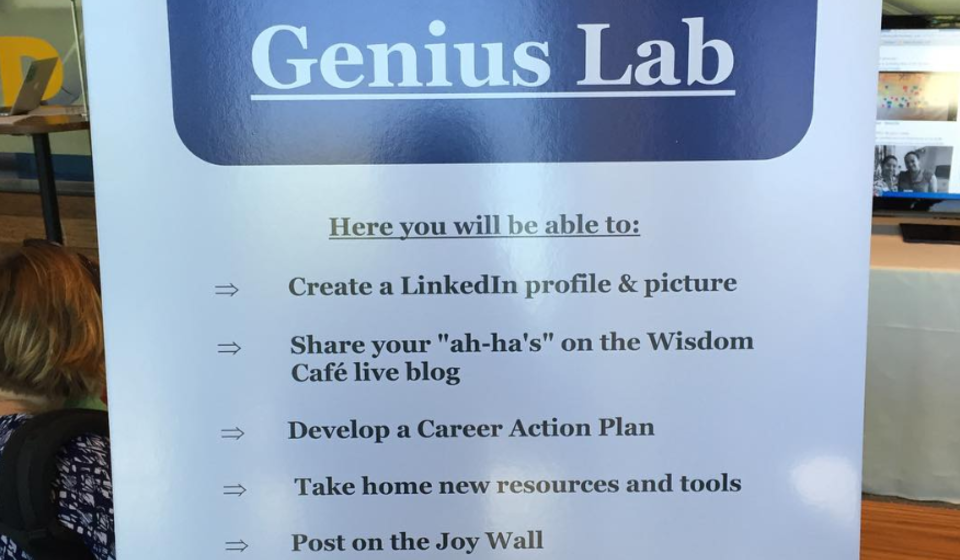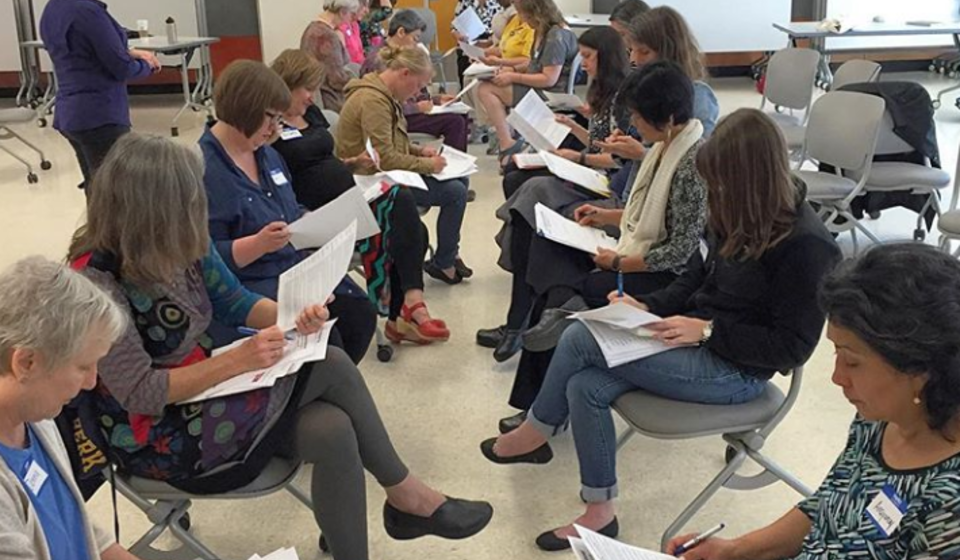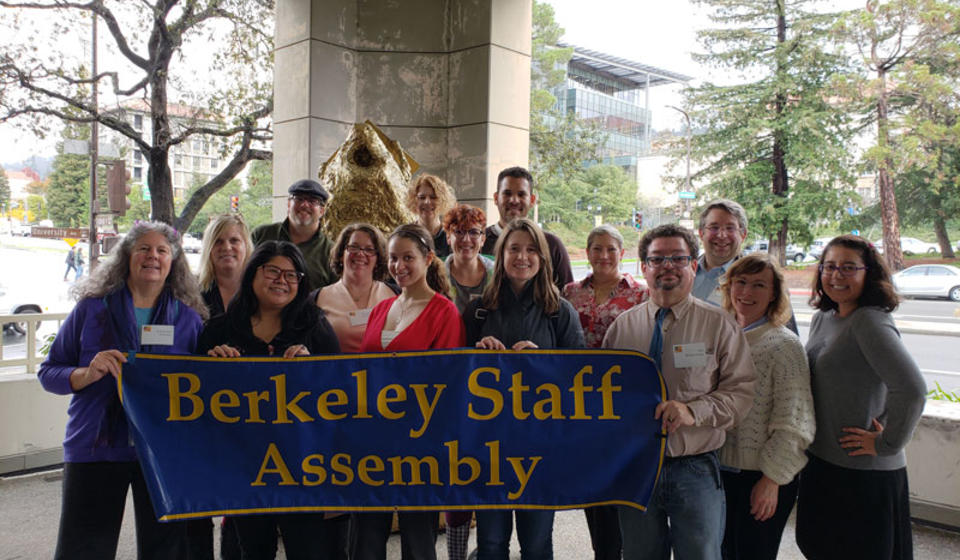Advocating for yourself
You have to vocalize your wants! Let your supervisor or manager know that you want to advance in your career and are interested in developing your skills. What does that mean? It means sit down and create a “purpose statement.” What are your short-term and long-term goals? The author of The Memo, Minda Hart’s purpose statement is “I want to help catalyze equity for people of color in the workplace.” In order to accomplish this you should create a weaknesses and strengths list. Pick two weaknesses and work on them by investing your time in professional development.
Professional Development
Do you want to invest in your professional development? Great! Here are resources at Berkeley that are free:
-
LinkedIn Learning to gain access to courses on topics including public speaking, excel, etc.
-
Career Development Workshops - the UC Berkeley Learning Center offers courses online
-
Berkeley Staff Ombuds Office has great workshops on topics such as identifying and addressing workplace bullying
Minda Hart also mentions other resources that you might find helpful:
-
Hiring an executive coach
-
Listening to podcasts
-
Attending conferences
What if you want to develop your leadership skills? Speak up! Take the lead on a project at work or volunteer to speak at the next presentation. You can pick up a million books on developing your leadership skills but you need to find the space and time to put it into practice.
Networking
What if your one weakness is relationship building (i.e. networking)? The place you can start is by creating workplace alliances. It is crucial for people of color to join affinity groups that help them develop their sense of belonging. Belonging entails being involved and invested in the organization’s mission and purpose.
-
There are identity-based staff organizations whose main goal is to create a safe space to learn from each other.
-
There are also communities of practice where staff who share similar professional interests share their knowledge on topics such as data visualization.
There is a world outside of UC Berkeley! You can take a friend to a Meetup group if you don’t feel comfortable networking on your own at the moment. On-campus events are also a place to practice your relationship-building skills.
Mentor, Advocate, Ally: Which one are YOU?
I challenge you to seek a mentor (advocate, ally, friend, etc.) who will support your career goals.
-
Ally: Now, if you state “I support diversity, equity, and inclusion in the workplace” then you might call yourself an ally. Awesome! People of color need you but without actionable steps, your “support” does not make for quantifiable change. Will you vocalize your “support” for a person of color when a promotion comes up?
-
Advocate: Now the main difference between an ally and an advocate is the actionable steps an advocate has taken to put their words of support into action. Think about retaining and advancing people of color in the workplace. Do not OVERLOOK the staff in your office. Do you want to create a pipeline for people of color? It starts by retaining the talent that you have. Would a person of color tell a friend to work in the office? If the answer is no then you have a lot of work to do.
-
Mentor: Can you be an ally, advocate, and mentor? Absolutely! A person of color can come to you for your mentorship. Essentially you provide guidance, support, and advice. You can’t find a mentor in your office? Explore the mentorship program at UC Berkeley.
Invisible at Work?
As a first-generation working class woman of color, I have felt invisible in the workplace and so have many others. As Minda Hart says “It’s hard to be what you can’t see.” If there are no people of color in leadership positions then how can other people of color progress in their career? This is where you advocate for yourself and build on your leadership skills, build your network, and be present, be seen, and be heard!
I challenge you to provide me with a list of people of color in leadership positions on campus so I can highlight their contributions and WE can be seen on this campus. Please email me at jdeanda@berkeley.edu and I will compile a short description of the key players on campus and feature it on this platform.
My name is Jessica De Anda and I am a Student Experience Specialist in the Evening and Weekend MBA Program Office. You can connect with me on Linkedin or via my email at jdeanda@berkeley.edu.










